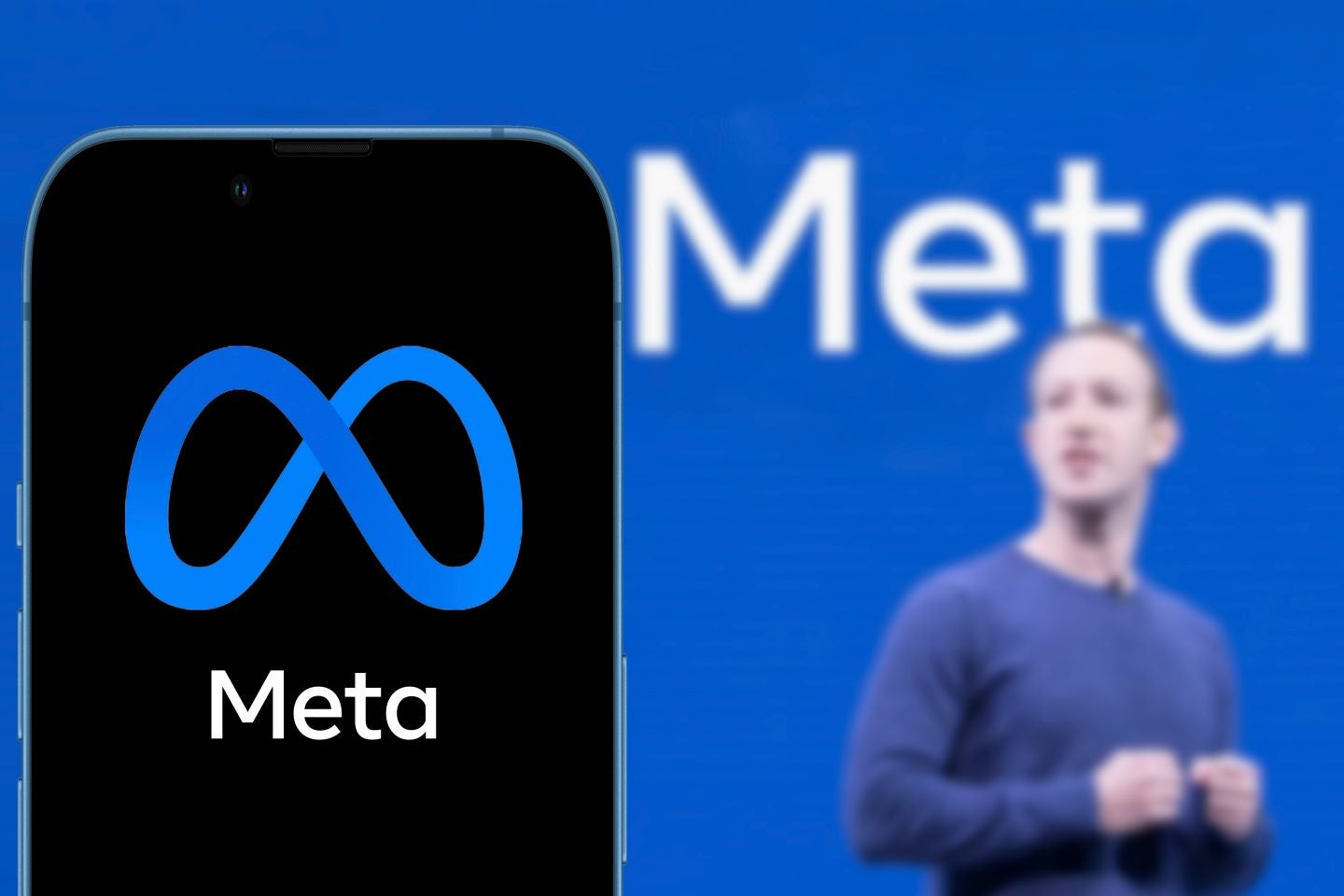The metaverse is back.
Or so you might think after watching Mark Zuckerberg and prominent podcaster Lex Fridman converse seemingly suspended in space as photorealistic codec avatars. Their dismembered bodies float in darkness like Roman busts while Lex marvels at the “sense of presence” he feels, and Mark jokes that they have “choked each other from further distances” when performing jiu-jitsu together.
Is this a watershed for an industry GlobalData estimates is worth $400bn by 2030?
Potential bottlenecks
The widespread adoption of the technology Fridman and Zuckerberg demonstrate is not currently feasible due to the long initial setup time these photorealistic conversations require. Even so, they use less bandwidth than video calls, as they only use a few key data points rather than a video feed.
The lengthy process involves recording distinct facial movements and speech to create the output they display. The spatial video feature introduced for the new iPhone 15 could expedite this, despite Apple and Meta being competitors in the metaverse space.
Both consumer and enterprise segments of the metaverse marketplace are fiercely competitive, not least because they compete with non-metaverse products. Google‘s non-metaverse Starline project offers life-size and 3D human interaction and is one such competitor. Google’s technology is considerably less clunky than a headset and has broader enterprise applications.
How well do you really know your competitors?
Access the most comprehensive Company Profiles on the market, powered by GlobalData. Save hours of research. Gain competitive edge.

Thank you!
Your download email will arrive shortly
Not ready to buy yet? Download a free sample
We are confident about the unique quality of our Company Profiles. However, we want you to make the most beneficial decision for your business, so we offer a free sample that you can download by submitting the below form
By GlobalDataThe market’s view
Meta’s stock price has been a victim of the metaverse winter since its all-time high of 2021, losing nearly 60% of its value between September 2021 and October 2022. Despite this, since October 2022, the price has begun its return close to its previous highs.
Zuckerberg has remained a metaverse evangelist throughout the metaverse winter, with $21bn allocated to Meta’s VR/AR research project Reality Labs since last year. According to the New York Times, investors and Meta employees do not appear converted.
The latest GlobalData Technology Sentiment poll reinforces the lack of confidence in the metaverse, with 59% of respondents feeling that the metaverse was all hype and no substance. Only 6% of respondents thought metaverse technology would achieve its promises.
Regardless of its perception, this innovation does present the opportunity for several exciting uses, spanning AI-generated celebrity chatbots, communication with lost loved ones, creating a feeling of presence from across the world, hyper-realistic gaming, supporting people with social anxiety, or eliminating uncontrollable facial tics.
However, the metaverse, which can simulate and augment appearance, could also create false expectations for reality and lead to worrying one-sided relationships.
Some interesting current use cases
Digital twins, digital representations of physical counterparts, are a valuable use case that BMW uses to simulate potential factory scenarios. Elsewhere, Accenture uses the metaverse to induct new employees, while Mesmerise has used the technology to create an immersive experience for 100 bank interns and demonstrate a 3D model of a human heart to medical students.
Despite the breadth of enterprise use cases, the metaverse hype has primarily focused on consumer uses, centered around gaming. According to Statista, ROBLOX leads this sector with 65.5 million daily active users, whereas Meta’s critically panned Horizon Worlds has a mere 900 daily active users, according to one report.
While the metaverse remains exciting, the current use cases require development to reach Zuckerberg’s lofty goals or meet the hefty forecasts predicted by esteemed organisations.
Will we one day talk to our lost loved ones on a whim, have one-sided relationships with Kim Kardashian, or sit face-to-face with those thousands of miles away? We do not know. But trust that if it is possible and profitable, Mark Zuckerberg will attempt to make it our reality.







Related Company Profiles
Apple Inc
Google LLC
Meta Platforms Inc
Accenture Plc
ROBLOX Corp